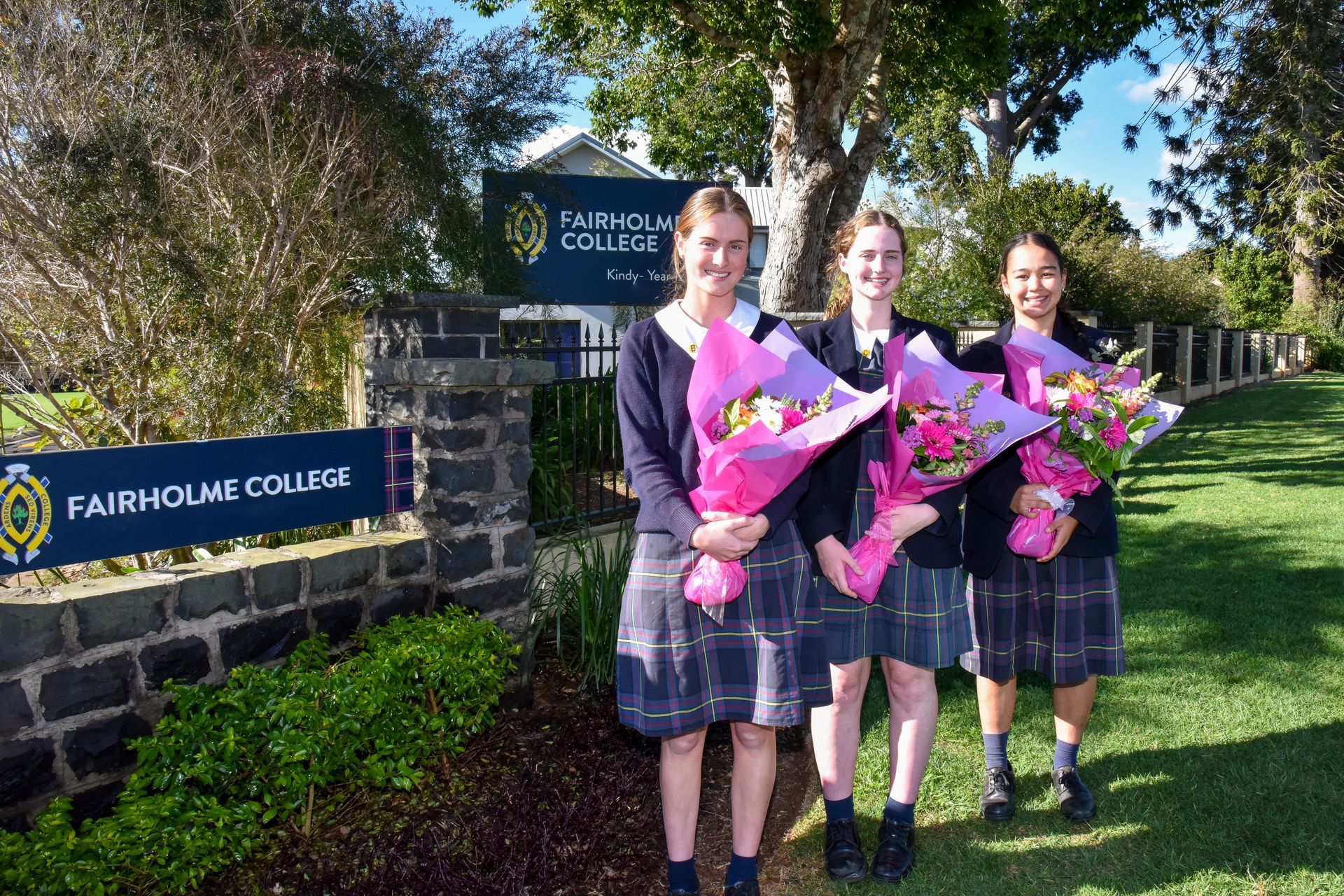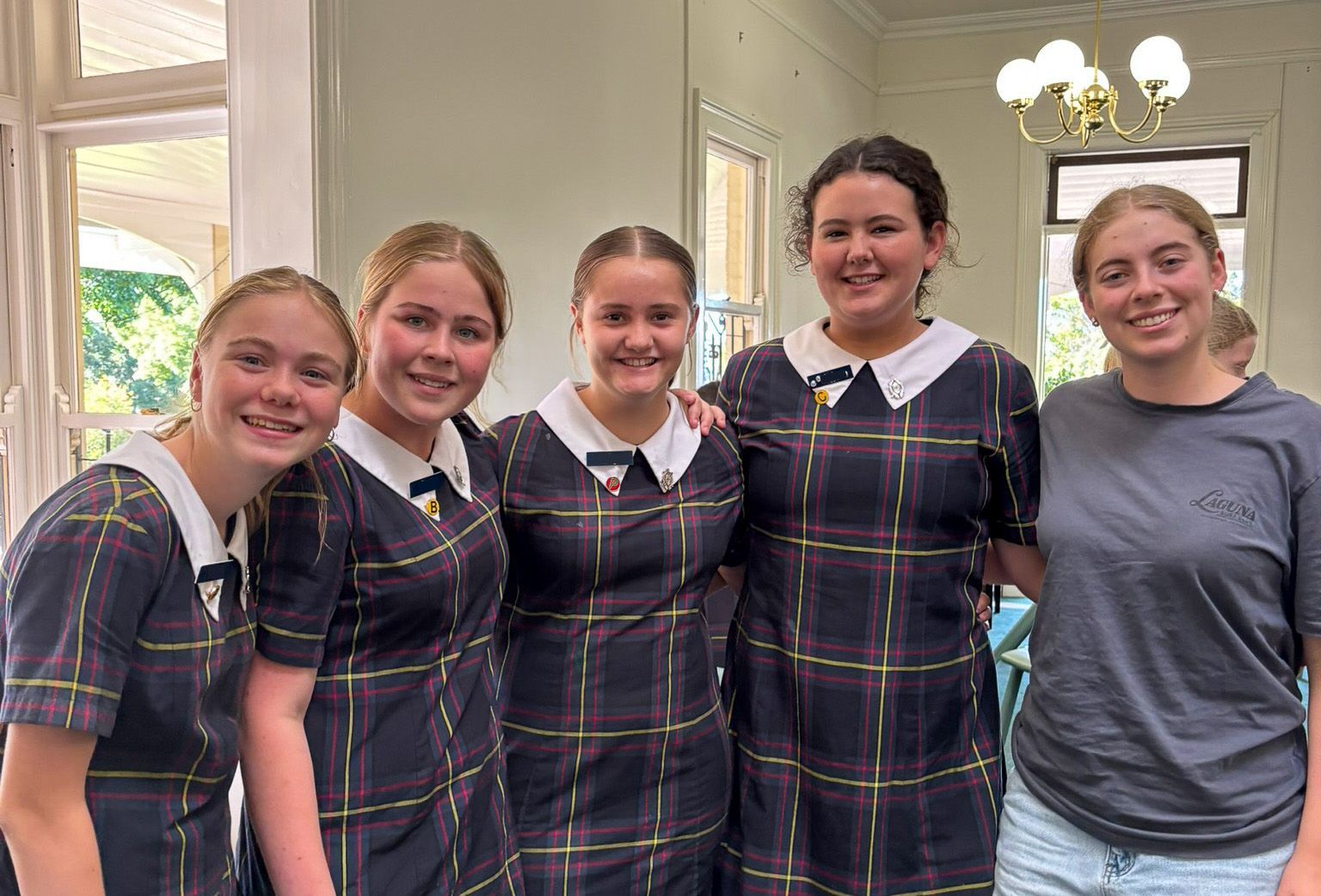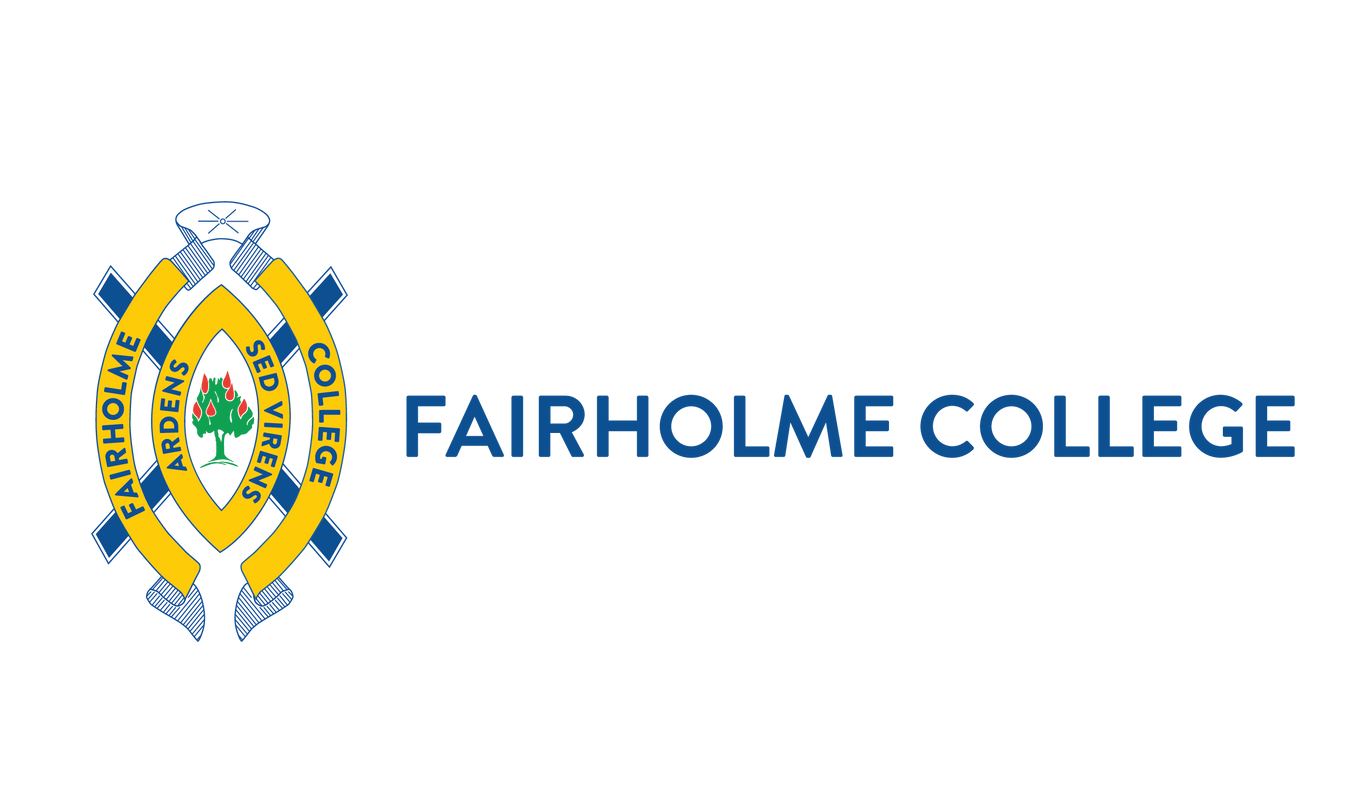The Importance of Losing
That's what learning is, after all; not whether we lose the game, but how we lose and how we've changed because of it and what we take away from it that we never had before, to apply to other games. Losing, in a curious way, is winning. Richard Bach
When the Australian men’s Olympic basketball team lost their match to the USA, which ceased their run to the gold-medal playoff, their coach, the legendary Brian Goorjian, shared his initial thoughts in five insightful words – ‘You win, or you learn.’ And yes, we all need to learn through losing. If you’ve ever had the cringe-worthy experience of seeing your child lose without grace, even in something as simple as pass the parcel, then you know that losing gracefully is an art form worth developing. Throughout our lives we will all lose at things that matter a great deal more than a game of 'pass the parcel', won’t we!
I’ve watched a lot of Netball finals over the past two weekends – games which typically hold greater weight than those in the general round. I’ve seen a lot of winners and learners, (not losers), if we take up Goorjian’s phrase. Invariably, at such times, I’m struck by the effort that girls give to these matches: the pure, determined, resolute way they keep going to the final whistle. Sometimes it’s with glimpses of stooped shoulders, sometimes it’s with momentary defeated facial expressions but almost always, the legs keep running and the effort remains palpable. Yes, Sport teaches us a lot about ourselves – if we allow it to. Legendary American Basketball coach, John Wooden, puts it this way, ‘Losing is only temporary and not all encompassing. You must simply study it, learn from it, and try hard not to lose the same way again. Then you must have the self-control to forget about it.'
Like so many aspects of life, the hardest and darkest moments teach us the most about ourselves. In our most vulnerable times, in those deep, hard losses, the ones that matter most to us, we have the greatest opportunity to learn. We can win through our losses. Of course, to see losing that way requires a seismic mind shift. Because our default position, the one typically taught to us by society, is that a win is a win, and a loss is a loss. Consider the Olympians who waited five years to don green and gold for their country and, despite their best effort, best intentions, and best preparation, were unsuccessful in fulfilling their goal. Winners or losers or learners? To appear on the Olympic stage is a win, irrespective of result; the self-learning must be vast. Sometimes, a near win can be more motivating than an actual win … sometimes… Sarah Lewis in her 2014 TED talk writes of the importance of embracing the near win, because, in her words, ‘coming close to what you thought you wanted can help you to attain more than you ever dreamed you could.’
It was fascinating to read the recent post-match media deconstruction of the Brisbane Lions heart-wrenching one-point loss to the Bulldogs; that stinging loss in the final seconds of their semi-final. Of course, a match is never really won or lost in a moment, is it? It is the cumulative moments that lead to the final outcome. It is sometimes won in the pre-season or as a result of excellence in training, or the magic of a team that combines like none other – usually it requires all three. Fagan described the commentary that criticised the nature of their loss in the dying moments of the game, by just one point, as a simplistic reading of the match and the season. Despite the sombre mood that followed, he spoke of disappointment stoking a fire within the Lions players and staff – in a sense, embracing the near win. ‘I think we've shown a lot of character and it'll hold us in good stead, a lot of these things do,’ Fagan said.
But we are perfection-seekers, aren’t we? In our drive for excellence, we sometimes fail to appreciate the small wins, the near wins, or the dignity involved in losing well. Steph Gilmore, arguably one of the greatest surfers in the world knows what it is like to miss out, to lose – and to win through that loss. At age 22, she found herself the target of an unprovoked physical attack. A stranger singled her out as she was climbing the stairs to her flat one evening, followed her, and hit her four times with a crowbar. He didn’t rob her. He didn’t sexually assault her. She endured a badly broken wrist and head injuries and was deeply affected for the next 18 months. He stopped her run at success. And thus, came her first taste of what she perceived initially as failure. Yet she made this powerful observation, ‘It was the best thing that ever happened to me. All those thoughts of being perfect, I could let them go. The perfect career was finished, and I could stop holding on so tight.’ When she won her next world title nearly two years later she had perspective, and gratitude. She said that being successful had meaning for the first time in her life.
So, as the Netball season closes for another year, it provides a timely reminder about how important it is to have experienced losses, wins and … learning. In the learning is the growth and sometimes the ignited passion to improve. ‘Learning to lose gracefully is important for several reasons, but perhaps the most important is that it is just part of life. Some of us lose a lot, some not so much, but none of us come out on top all the time' (Smith, 2010). Naively, we sometimes imagine that great athletes follow a smooth path to success; as a spectator it can appear that it’s easy for them to achieve fame. Consider Serena Williams and her amazing career singles record - 843 wins! Counterpoint to these 843 wins have been 147 losses. She has lost grand slams and big centre-court matches, 147 times. ‘She has had to pick herself up, dust herself off and try harder next time’ (Bowen, 2020). No doubt she has learned through those losses, changed through those losses, and taken all of that learning to her next match. Yes, it is important to lose because we develop empathy for others in that situation, and we build a platform from which to improve, to grow, and to approach the same and other circumstances with greater strength, into the future. We win or we learn.
Dr Linda Evans | Principal
References
Bowen, F. (2020). Losing gracefully is one of the most important lessons from playing sports
Rivera, R. (2016). Learning to lose is important ›
Smith, S. (2010). The Importance of Losing ›
Steinhoff, A. (2016). Why Winning and Losing Is Important for Children ›
More News…







